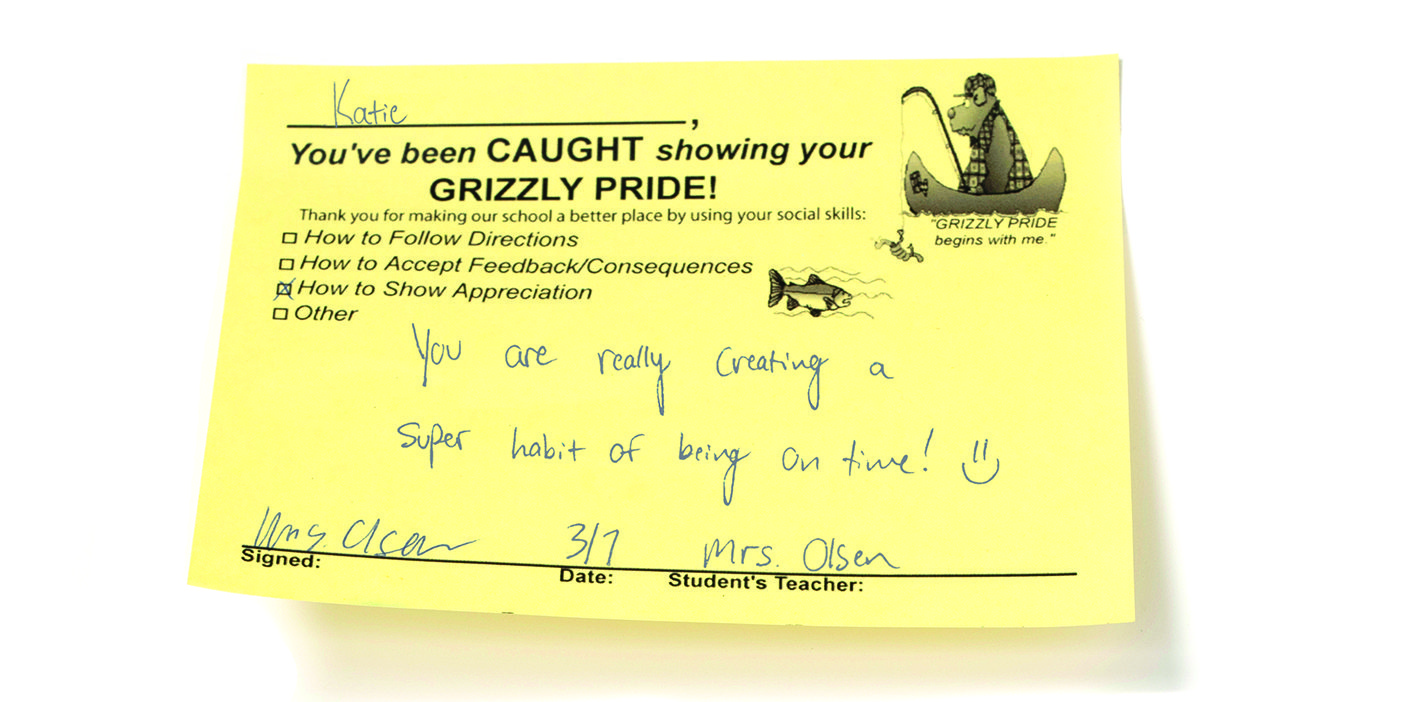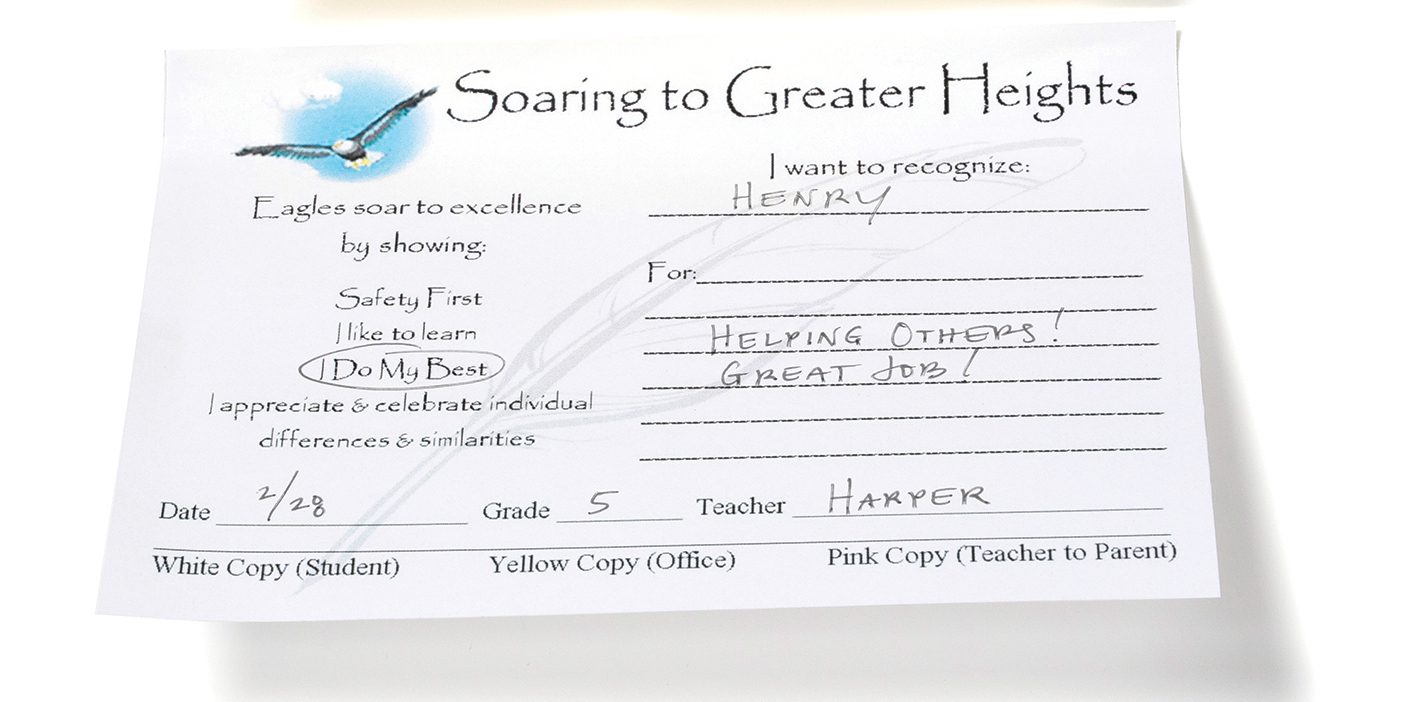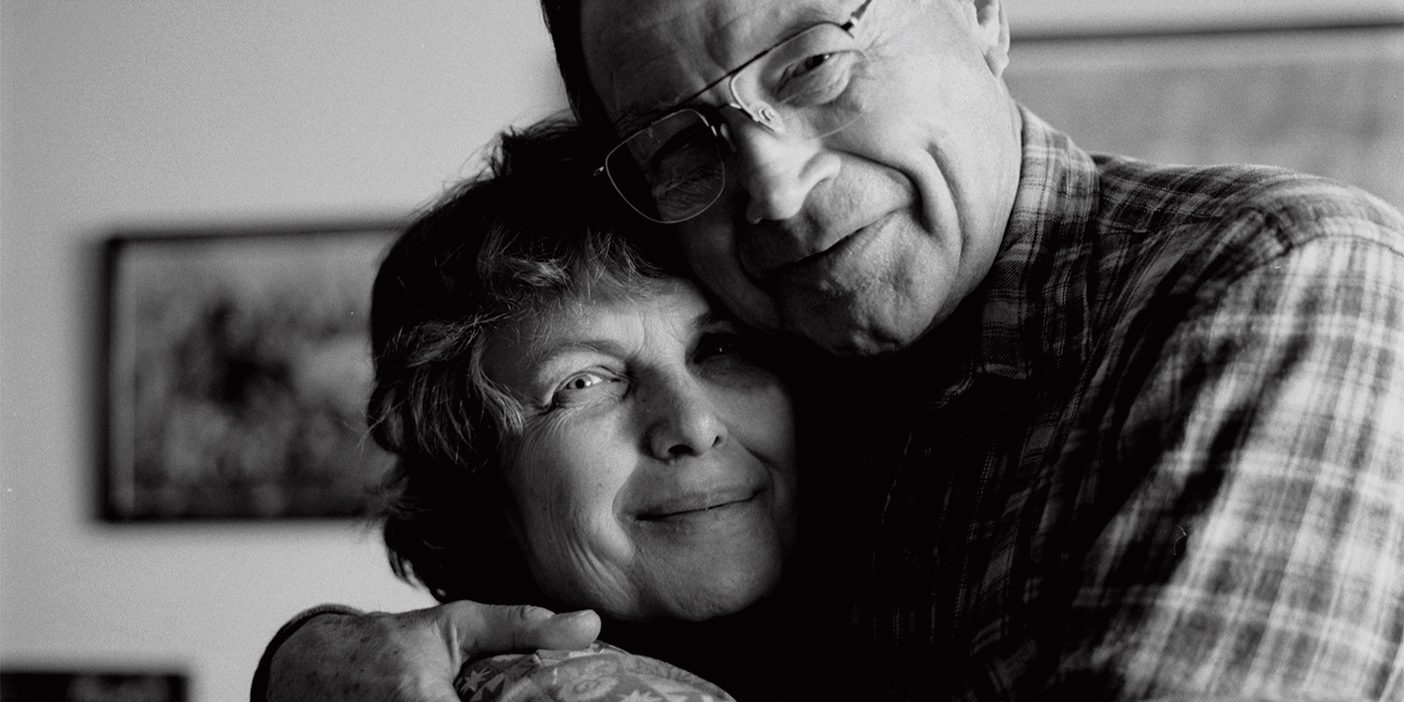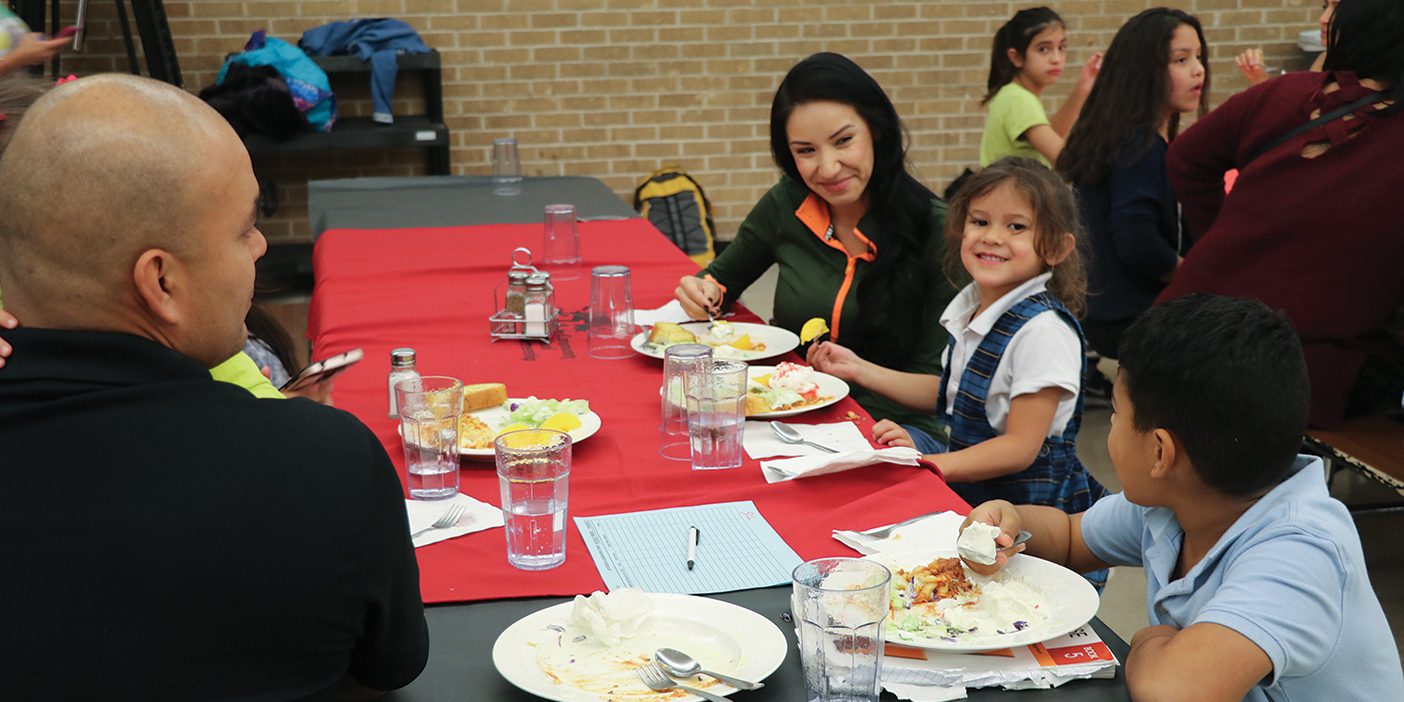
Sticky notes come in clutch for Paul Caldarella, BYU professor of counseling psychology and special education. Their purpose: “remind me to praise.” In a career focused on helping students behave better, he’s learned praise is one of the best tools for everything from keeping kids on task to reducing tardiness—and its power extends well beyond the classroom.
Why does praise matter?
We’ve shown praise makes the classroom, or any environment, more conducive to learning. Praise also helps you be more positive. And praise improves relationships. We’ve done studies where students write praise notes to each other; it builds friendships and peer relationships. When you praise someone, you feel closer to them.
How can praise help change a negative behavior?
Call attention to things done right—even if they are few and far between. Take repeatedly tardy students: we found that writing praise notes when they were on time decreased the number of minutes students were late, and within weeks, several students showed zero tardiness. This positive, simple approach got better results than warning slips.

Is there a right way to praise?
Be specific. Don’t just say, “Nice job.” By saying, “Nice job on getting that assignment turned in on time,” you’re pinpointing the worthy behavior. Second, praise effort. Saying, “You’re smart,” (or “good” or “fun”) makes these things seem innate; someone either has it or they don’t. Likewise, if we criticize someone just as they’re starting something, they’ll shut down. We want to avoid that and instead associate effort with positivity.
We’ve found the more praise the better, particularly praising more than you reprimand. It’s easy to forget to do; in one study, we trained teachers to give praise by having them wear a timer that would buzz to remind them to scan the room and award praise to students. Set intentions. Put up reminders. Put it on your calendar.
Who needs praise most?
Pay attention in particular to those who are having emotional and behavioral (EB) struggles; they need a lot more praise. In a recent study we found praise-to-reprimand ratios of 9–1 would help students with EB risk get to engagement levels similar to their peers.












